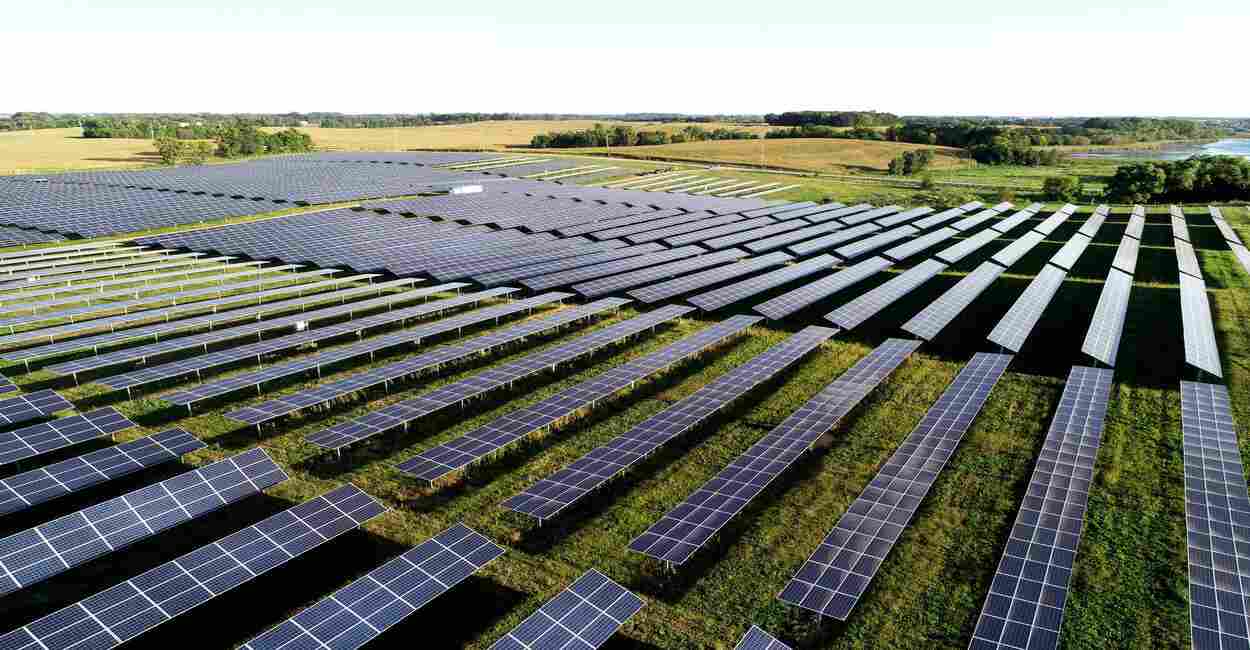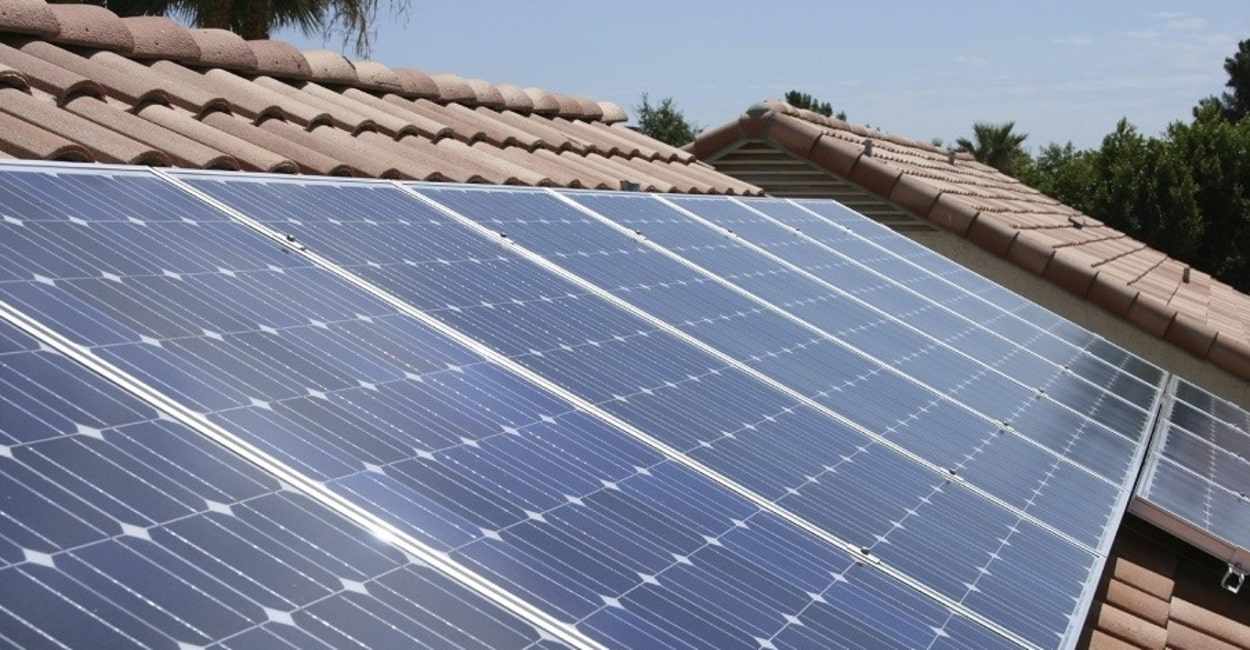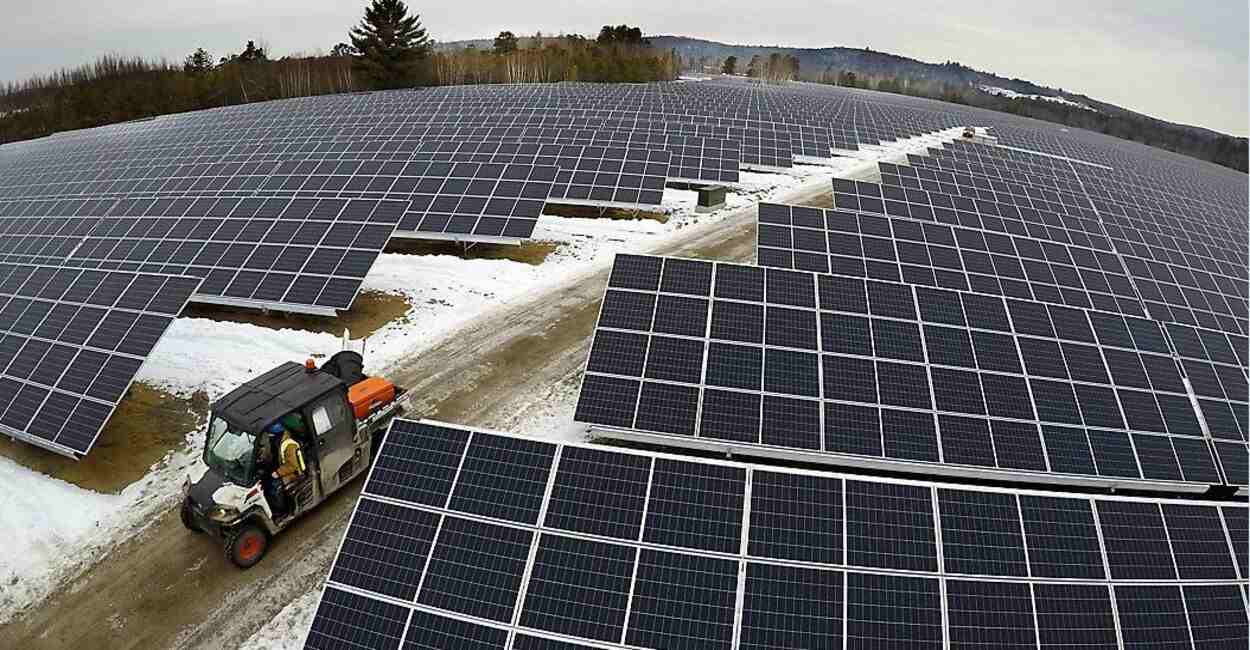Navigating Local Regulations and Permitting for Solar Projects

For a solar project, you need to understand and comply with local regulations and obtain necessary permits. The steps include:
Research local regulations: Look into state and local regulations related to solar projects, including zoning laws, building codes, and environmental impact regulations.
Contact the local building department: Inquire about specific requirements, permit processes and fees, and time frames for the project.
Hire a professional: Consider hiring a professional (e.g. architect, engineer, or solar contractor) to help with the permitting process and ensure compliance with regulations.
Apply for permits: Submit complete and accurate applications for necessary permits, including building permits, electrical permits, and any others required by local regulations.
Inspections: Be prepared for inspections by local officials and pass them to receive final approval for the project.
Solar Project Permitting And Licensing
Permitting and licensing are important steps in a solar project. Here are the key steps to obtain the necessary permits and licenses:
- Determine the necessary permits: Research local, state, and federal regulations to determine what permits are required for the specific type of solar project.
- Hire a professional: Consider hiring a licensed contractor, engineer, or architect to help navigate the permitting process and ensure compliance with regulations.
- Submit permit applications: Complete and submit the necessary permit applications to the local building department, electrical department, and any other relevant agencies.
- Obtain licenses: Depending on the state and the size of the project, a contractor's license or other professional licenses may be required.
- Inspections and approvals: Be prepared for inspections by local officials and obtain final approval for the project.
Complying With Local Regulations For Solar Installation
To comply with local regulations for solar installation, follow these steps:
- Research local building codes and regulations.
- Obtain necessary permits and licenses.
- Hire a licensed and insured contractor.
- Ensure the design and placement of the solar panels meet the local codes and regulations.
- Connect the solar system to the grid and obtain a final inspection and approval.
- Comply with any ongoing maintenance and reporting requirements.
Importance Of Professional Help For Solar Permitting
Professional help is important for solar permitting because:
- Expertise: Solar professionals have the knowledge and experience needed to navigate the permitting process and ensure compliance with local regulations.
- Time-saving: Hiring a professional can save time as they understand the process and can help you avoid any potential delays.
- Accuracy: A professional will ensure that all necessary documents are completed accurately and submitted in a timely manner.
- Cost-effectiveness: Hiring a professional can help you avoid costly mistakes and fines for non-compliance with regulations.
- Professional Liability: Hiring a licensed and insured contractor can protect you from any potential liability.
Navigating Complex Regulations For Solar Projects
To navigate complex regulations for solar projects, follow these steps:
- Research: Familiarize yourself with the local, state, and federal regulations that apply to your project.
- Seek Expert Advice: Consult with a solar professional, such as an engineer, contractor, or permitting specialist, to get a better understanding of the requirements and how they apply to your project.
- Plan Carefully: Develop a detailed plan for the project, including all necessary equipment, materials, and procedures to ensure compliance with regulations.
- Keep Records: Keep detailed records of all steps taken to comply with regulations, including any permits obtained, inspections completed, and approvals received.
- Maintain Communication: Maintain open communication with regulatory agencies and any other relevant parties to ensure a smooth permitting process.
- Stay Up-to-date: Stay informed of any changes to regulations and update your plan accordingly.

Managing The Permitting Process For Commercial Solar Projects
To manage the permitting process for commercial solar projects, follow these steps:
Research: Familiarize yourself with the local, state, and federal regulations that apply to your project.
- Hire a specialist: Consider hiring a permitting specialist who is familiar with the specific regulations and requirements for commercial solar projects.
- Plan ahead: Plan ahead and allow enough time for the permitting process, as it can take several months to complete.
- Prepare documentation: Prepare all necessary documentation, including site plans, technical specifications, and any other required documents, in accordance with the regulations.
- Coordinate with relevant agencies: Coordinate with relevant agencies, such as the local building department and utility companies, to ensure that all requirements are met.
- Monitor progress: Regularly monitor the progress of the permitting process and respond promptly to any requests for additional information or clarification.
- Stay organized: Keep all documents and records organized and readily accessible for reference during the permitting process.
By following these steps, you can effectively manage the permitting process for your commercial solar project and ensure a smooth and successful outcome.
Navigating Zoning Laws For Solar Projects
To navigate zoning laws for solar projects, follow these steps:
- Research: Familiarize yourself with local zoning laws and regulations, as well as any restrictions or requirements for solar projects.
- Check zoning restrictions: Determine if your property is zoned for solar projects and what restrictions or requirements apply.
- Seek expert advice: Consider consulting with a solar professional, such as an engineer or attorney, who can help you understand the zoning laws and requirements.
- Obtain necessary approvals: Obtain any necessary approvals or permits from the local zoning board or other relevant agencies.
- Review building codes: Review the local building codes and ensure that your solar project design complies with all relevant regulations.
- Monitor changes: Stay informed of any changes to the zoning laws or regulations and make any necessary adjustments to your plans.
- Consider alternative locations: If your property is not zoned for solar projects, consider alternative locations that may be more suitable for your project.

The Impact Of Local Regulations On Solar Project Viability
Local regulations can significantly impact the viability of a solar project by:
- Determining feasibility: Local regulations can determine whether a solar project is feasible in a particular location by setting restrictions on the size, placement, and design of the project.
- Affecting costs: Regulations can affect the costs of a solar project by requiring additional permits, approvals, and inspections, or by adding design and construction requirements that increase the cost.
- Delaying project timelines: The permitting process for solar projects can be time-consuming and complex, and regulations can add additional delays to the project timeline.
- Limiting project scope: Regulations can limit the scope of a solar project by limiting the amount of solar panels that can be installed, or by restricting the placement of the panels.
- Increasing liability: Failing to comply with regulations can increase the liability of the project owners, leading to fines and legal actions.
Therefore, it is important to thoroughly research and understand local regulations before starting a solar project to ensure its viability and minimize potential impacts.
Solar Energy Infrastructure Requirements
Solar energy infrastructure requirements vary depending on the type of solar installation and the location, but generally include the following:
- Solar panels: The core component of a solar energy system, which converts sunlight into electricity.
- Inverters: Devices that convert direct current (DC) electricity produced by solar panels into alternating current (AC) electricity, which can be used by homes and businesses.
- Mounting systems: Structures that securely attach solar panels to a building's roof or to the ground.
- Batteries: Used to store excess energy generated by the solar panels for later use.
- Wiring and electrical components: Used to connect the solar panels, inverters, batteries, and other components in the solar energy system.
- Monitoring and control systems: Used to monitor and manage the performance of the solar energy system, including tracking energy production and usage, and controlling the distribution of electricity.
- Safety equipment: Including disconnect switches and ground fault protection to ensure the safe operation of the solar energy system.
These components make up the basic infrastructure requirements for a solar energy system, and additional components may be needed depending on the specific requirements of the installation.
Land Use Requirements For Solar Power Plants In The United States
Land use requirements for solar power plants in the United States vary by state and local jurisdiction, but typically include:
- Zoning regulations: Solar power plants must be located in areas zoned for industrial or commercial use.
- Size requirements: There may be minimum or maximum size requirements for solar power plants based on local zoning regulations.
- Setback requirements: There may be minimum distances that the solar power plant must be located from neighboring properties, such as residential areas or protected natural areas.
- Environmental impact studies: An environmental impact study may be required to assess the potential impact of the solar power plant on the local environment, including wildlife and natural resources.
- Permitting process: The permitting process for a solar power plant typically involves obtaining approvals from local, state, and federal agencies, including the local building department, environmental agencies, and utility companies.
- Land lease agreements: If the solar power plant is located on leased land, a land lease agreement with the property owner must be in place.
- Access to transmission lines: Access to existing transmission lines is often necessary for a solar power plant to be connected to the grid and sell the generated electricity.
By following these land use requirements, a solar power plant in the United States can be successfully developed and operated.
Conclusion
Local regulations for solar projects refer to the rules and regulations set by local governments that determine the feasibility, design, and construction of solar energy systems in a specific area.

